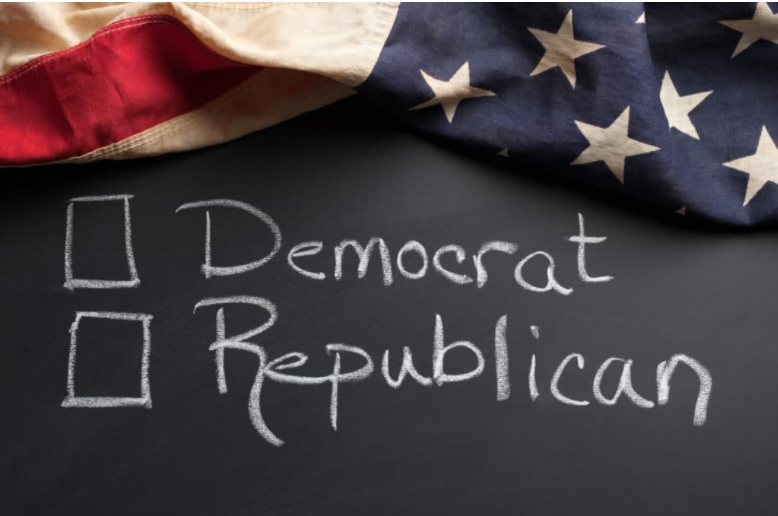But in the End, We’re All Americans
Photo By Dreamstime Stock Photos
We’re now a couple of debates into the heat of the 2020 presidential election, and it’s becoming increasingly apparent that no matter the result, it is not going to rest easy. Over the last few years, this nation has grown more divided and political parties have drifted much farther towards their respective political spectrums. But while watching the vice presidential debates from last week, I’d have to say that I’m not as disappointed with Vice President Mike Pence and Senator Kamala Harris’ performance as I was with the trainwreck that was the first presidential debate. Although both Pence and Harris could not find common ground on absolutely anything, at least the name-calling and blatant interruptions were kept at a minimum. But as the moderator of the VP debates, Susan Page, the Washington Bureau Chief for USA Today, continued to make her way through the list of questions she had prepared for the candidates, the final question that she asked came with a twist: it was the only question Page had not written herself. Instead, an 8th grade student, Brecklynn Brown of Springville Junior High in Utah, had written it. And the entire world was listening as her words were carefully relayed to the candidates.
“When I watch the news, all I see is arguing between Democrats and Republicans. When I watch the news, all I see is citizen fighting against citizen. When I watch the news, all I see are two candidates from opposing parties trying to tear each other down. If our leaders can’t get along, how are our citizens supposed to get along?”
Hearing this question being asked of the candidates by a young girl warmed my heart. And what she said couldn’t be more true today. If we can’t get along as Americans, we won’t be able to stand as a united country. This year is a year with no precedent in American history. A pandemic, economic recession and widespread unrest all occurring simultaneously will lead to a year that no one will forget. The difference with these crises when compared to past crises, such as the attacks on Pearl Harbor and 9/11, is that this time around, the crises are not bringing Americans any closer together. In fact, only more polarization appears to be taking place. This will then just lead to more headaches in the future. A hyper-partisan Congress will be in complete gridlock, and the opposite sides of the political spectrum will only ever view the other side as completely evil and radical. The days of unity and reaching across the isle to accomplish great things for the better of the people are now the days of old.
Partisan politics will do nothing to improve our country. We all just must accept that we carry different ideas as to what policies and which politicians will do the best job of improving our country. As George Washington famously warned, “However [political parties] may now and then answer popular ends, they are likely in the course of time and things, to become potent engines, by which cunning, ambitious, and unprincipled men will be enabled to subvert the power of the people and to usurp for themselves the reins of government, destroying afterwards the very engines which have lifted them to unjust dominion.” If we allow hyperpartisanship to continue to worsen, Washington’s warning may morph into a grim reality. We might not always agree, but we must pursue the opportunity to do so for the sake of the health of our nation. Let us never forget that in this country, there is more that unites us than that which divides us. And in the end, we’re all Americans, and we all have a role to play in trying to make this country a better place, regardless of our different ideas on how to make that happen.



